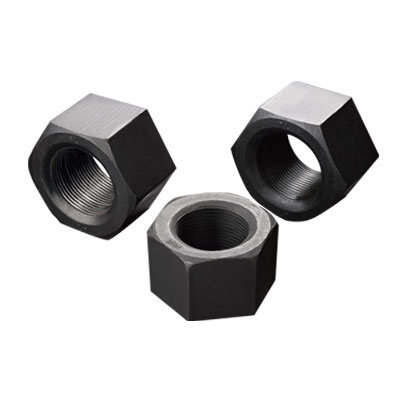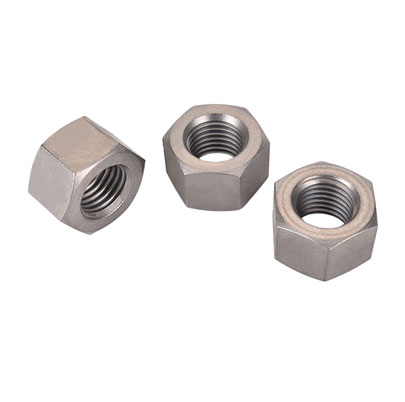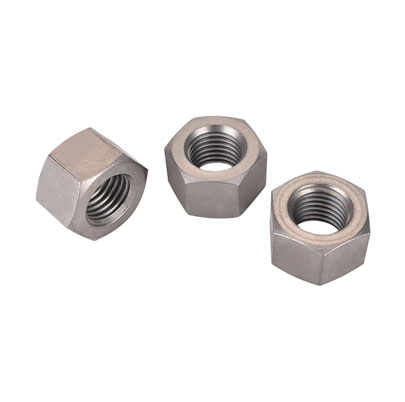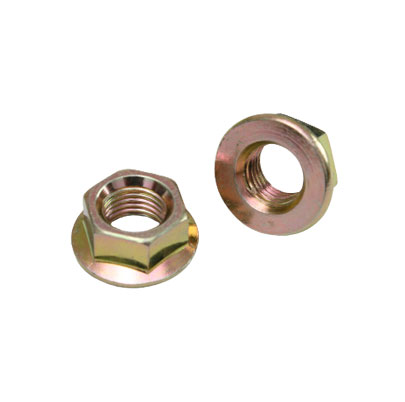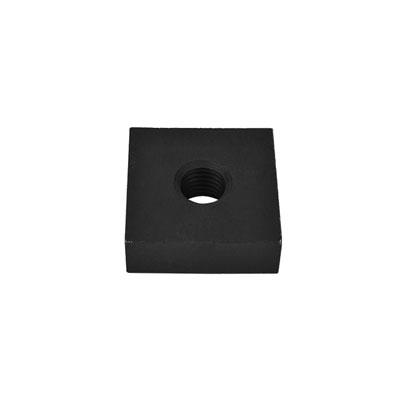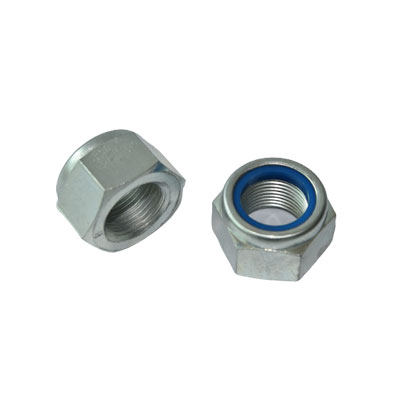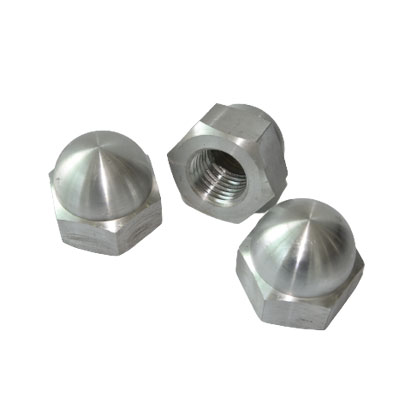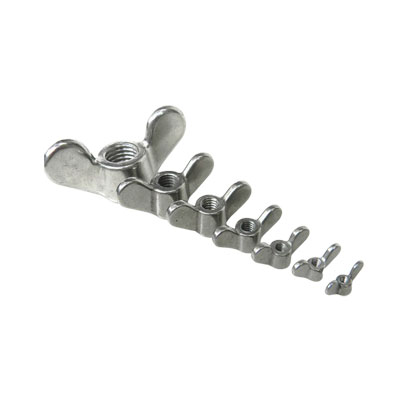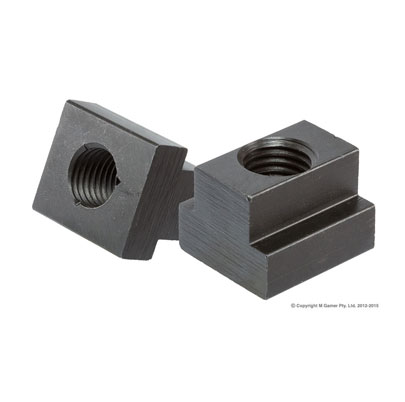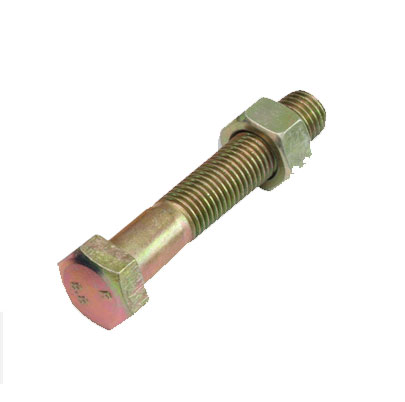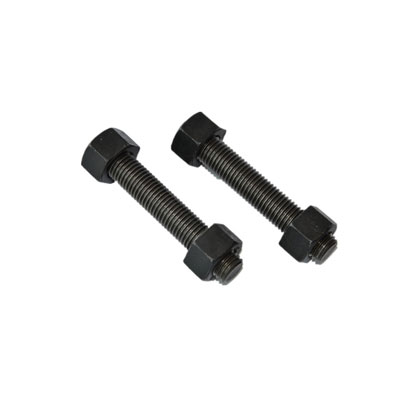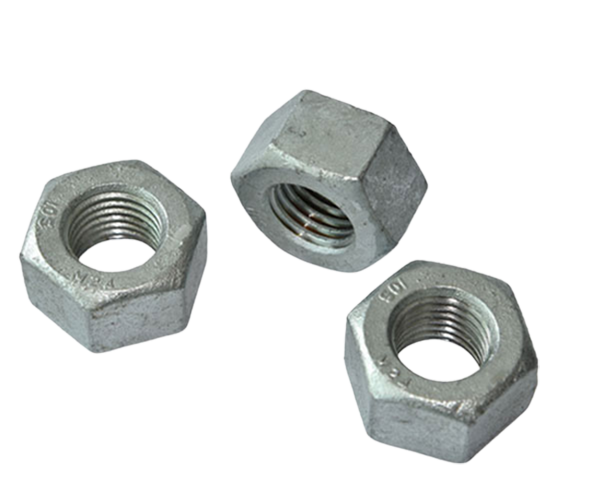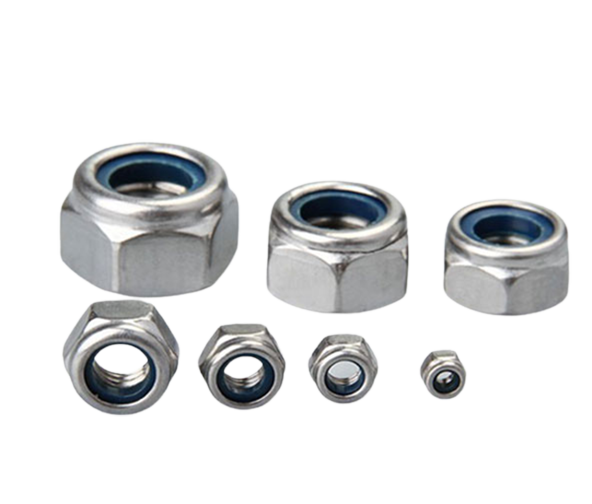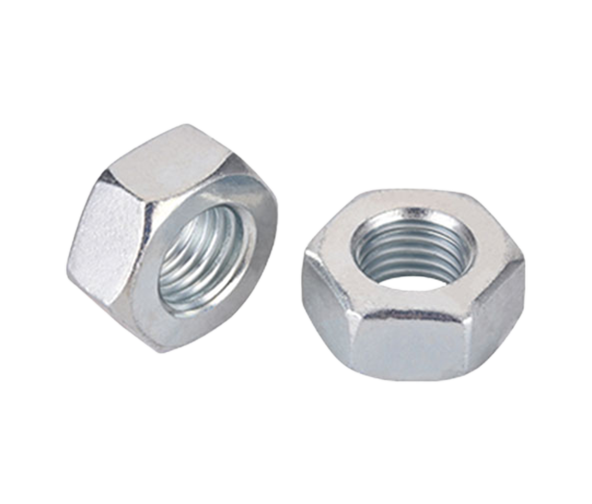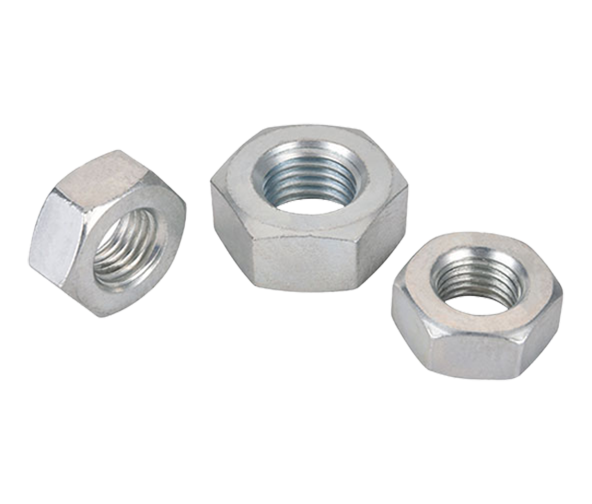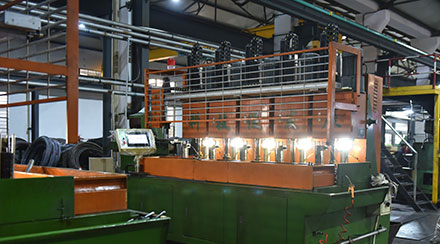1. What is the lock nut meaning?
Lock nut is a kind of nut widely used in machinery and other industries. The anti-loosening effect of the lock nut mainly depends on the interaction force between the nut and the thread of the bolt. There are many ways to improve the interaction force between meshing threads, such as structural improvement of nut threads, nylon roughening of nylon nuts, and surface treatment of threads.
2. How to use a lock nut?
The different types of lock nuts can be tightened on the stud body with a crescent wrench. The lock nut should be equipped with a shaft washer, which can be used to fix the small groove on the stud body and its outer peripheral groove relatively to prevent it from loosening. There are many new designs of lock nuts, each of which is different, but its purpose is to prevent loosening. So do you know what kind of locking the lock nut needs?
The working principle of the locking nut is to use the friction force between the nut and the bolt for self-locking. The reliability of this self-locking is reduced under dynamic loads. In some important occasions, we will take some anti-loosening measures to ensure the reliability of the nut locking. There are also two types of lock nuts. One is to use two identical nuts to screw on the same bolt, and add a tightening torque between the two nuts to make the bolt connection reliable. The other is to use a locking nut, which needs to be used together with a lock washer. The special anti-loosening nut is not a hexagonal nut, but a kind of round nut. There are 6 gaps on the circumference of the nut. These six gaps are not only the focal point of the tightening tool, but also the insertion place of the anti-loosening washer bayonet. Two anti-loosening methods are more reliable than one, but the structure is relatively complex. When all of us lock the locking nut, we all need to operate according to the locking method of the locking nut. Correctly locking this nut is what we all need.
3. When to use a lock nut?
When we use the lock nut, we don't let it fall off, we use it. Unless we choose to use a lock nut, fallout will occur frequently. So why doesn't an ordinary nut work as it should under certain conditions? If a nut is difficult to install, it is also more difficult to get it off. In most cases, this is beyond doubt. But when it comes to using locknut fasteners? The torque they're installing more firmly doesn't counteract all that force that might loosen the fasteners. Once the torque is cancelled out, it's only a matter of time before it comes off. There are many factors that can negatively affect fastener performance, such as bending forces, corrosion, hydrogen embrittlement, joint movement, prying forces, shock loads, extreme temperatures, and vibration. How to control these negative effects has long puzzled people. So lock nuts came into being, because they are specifically designed to prevent bolt loosening.
 English
English
